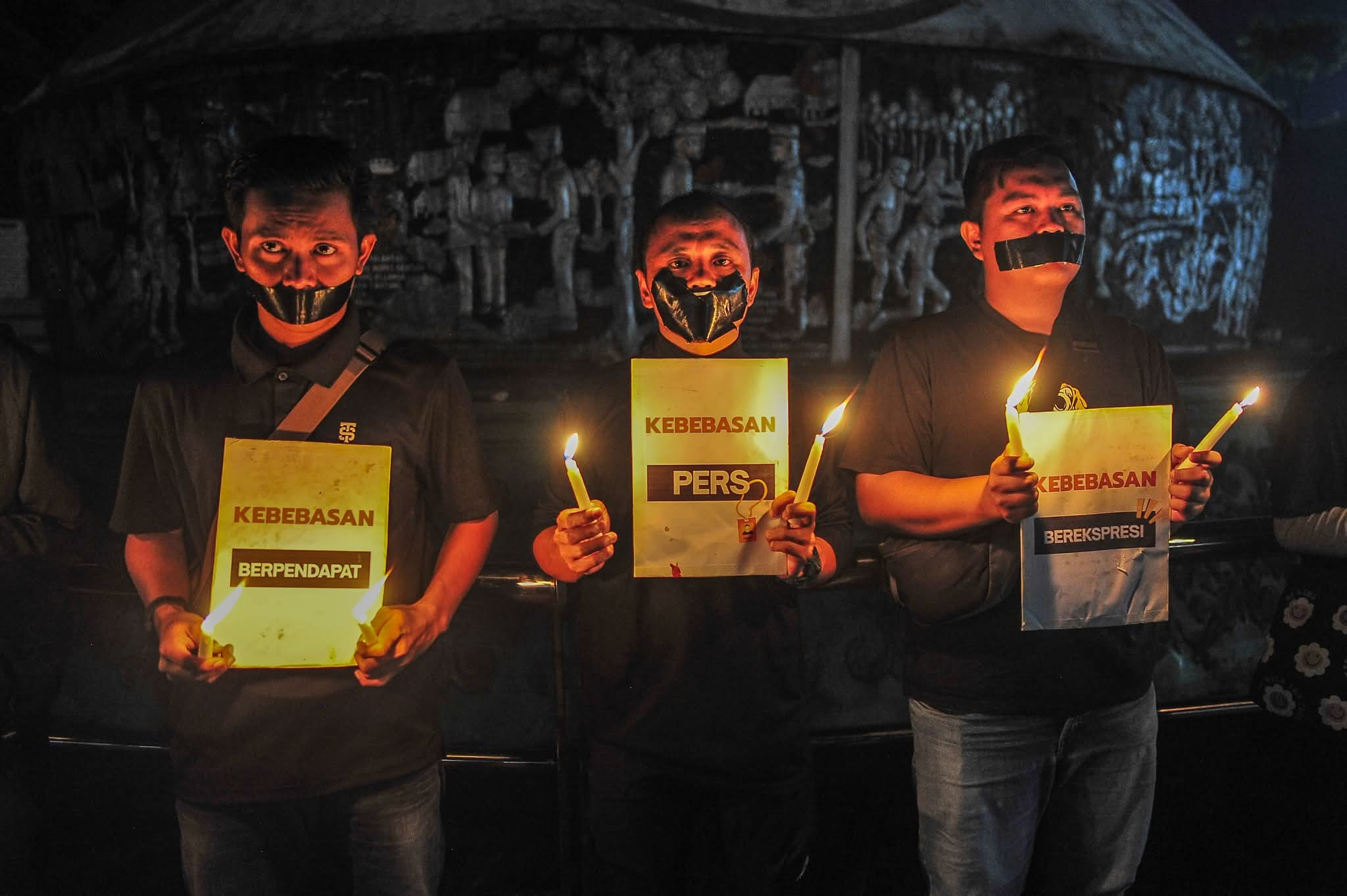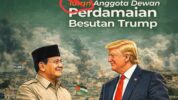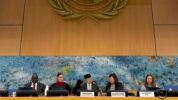Press Freedom Under Fire: CNN Journalist Barred from Covering Indonesia President After Tough Question
Though the Presidential Office later returned the press card and issued an apology after a meeting with CNN Indonesia’s editorial leadership, press freedom advocates argue the damage has been done.
The Alliance of Independent Journalists (AJI) revealed that prior to the press conference, journalists were unofficially instructed not to raise questions about the MBG issue. Despite this, Diana Valencia chose to press the issue, citing her professional responsibility to pursue matters of public concern.
“Efforts to restrict journalists from asking certain questions constitute censorship,” Amnesty stated.
“They not only erode press freedom, but also infringe on the public’s right to access honest and relevant information.”
Amnesty warns that the incident sets a dangerous precedent, creating a climate of fear among journalists and signaling a shift toward authoritarian control of the media. Reports from AJI also indicate that similar cases of intimidation have occurred in other regions, including Semarang, East Lombok, and Sorong—where journalists covering MBG-related incidents were harassed by local authorities.
Amnesty International has called on President Prabowo Subianto to take full responsibility for the incident, issue a public apology, and ensure such repressive practices are not repeated.
“Controlling, censoring, or banning critical questions is a step backward for democracy in Indonesia. The government must uphold press freedom as guaranteed by law,” Halim concluded.(Uki)



























Tinggalkan Balasan